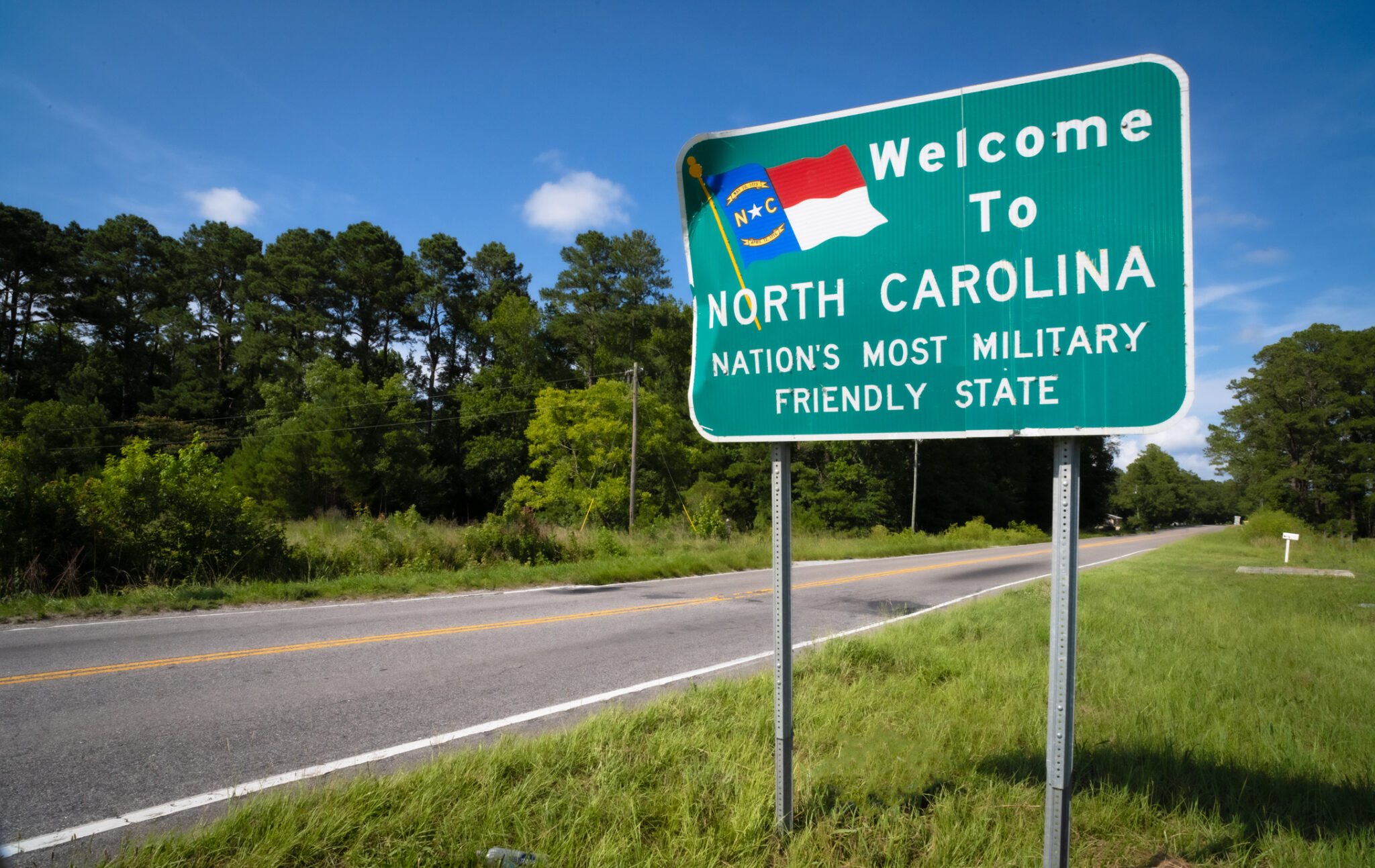Camp Lejeune Families Act 2012
The Camp Lejeune Families Act of 2012 states that the VA should provide cost-free health care to eligible Veterans who served active duty at Camp Lejeune in Onslow County, North Carolina.

Camp Lejeune Families Act of 2012
Marine Corps Base Camp Lejeune is located in Jacksonville, North Carolina. From the 1950s through the 1980s, people living and working at Camp Lejeune were potentially exposed to contaminated drinking water. In 1982, the Marine Corps discovered specific volatile organic compounds (VOCs) in the drinking water there. The water was contaminated with industrial solvents, benzene, and other chemicals that people ingested during this time. The EPA placed Camp Lejeune on the Superfund Program’s National Priority List in October 1989 which eventually lead to the Camp Lejeune Families Act of 2012.
In 2012, Congress passed the Camp Lejeune Families Act, a health care law aimed to provide health care for affected Camp Lejeune water contamination family members and America’s Veterans. The Camp Lejeune Families Act of 2012 provides cost-free health care for certain conditions to Veterans who served at least 30 days of active duty at Camp Lejeune from August 1, 1953, to December 31, 1987. Health conditions that qualify for the Act include:
- Bladder Cancer
- Breast Cancer
- Esophageal Cancer
- Female Infertility
- Hepatic Steatosis
- Kidney Cancer
- Leukemia
- Lung Cancer
- Miscarriage
- Multiple Myeloma
- Myelodysplastic Syndromes
- Neurobehavioral Effects
- Non-Hodgkin’s Lymphoma
- Renal Toxicity
- Scleroderma
The Camp Lejeune Family Member Program (CLFMP)
The Camp Lejeune Family Member Program (CLFMP) is for family members that lived or served at Camp Lejeune between August 1, 1953, and December 31, 1987, and were potentially exposed to contaminated drinking water. Survivors of affected Veterans are eligible for reimbursement of out-of-pocket medical expenses related to the covered health conditions. VA can only pay treatment costs that remain after payment for other health plans.
If you are a spouse or dependent of a Camp Lejeune Veteran, you can apply for the CLFM Program. Alongside your CLFM application, you should provide documentation showing a dependent relationship with a Camp Lejeune Veteran. Supplemental evidence can include legal dependency documentation such as:
- Marriage certificate
- Birth certificate
- Adoption papers
- Other legal documents
Is Camp Lejeune Still Contaminated?
The contamination of drinking water at Camp Lejeune began in the 1950s and the EPA shut down most contaminated wells in the area in 1985. According to the United State Marine Corps, the water at Camp Lejeune is no longer contaminated and is now safe to drink. The ATSDR checks water around the base quarterly and reports that it has been contaminate-free since March 1987.
Today, Camp Lejeune is a Marine Corps Base Camp and the home of expeditionary forces in readiness, a war-fighting platform from which Marines and Sailors train, operate, launch, and recover. The base hosts the Camp Lejeune community center, movie theatre, k-12 schools, dining options, and much more.
Honoring Our PACT Act
In June 2022, the United States Senate passed the toxic exposure bill; Sergeant First Class Health Robinson Honoring Our PACT Act of 2022. This bill addressed America’s history of exposing service members to burn pits and other toxic substances. The Honoring Our PACT Act provides expanded access to health care and disability benefits for Veterans harmed by certain toxic exposures. Currently, PACT ACT HR 3967 is awaiting to be signed in law.
UPDATE: The Senate passed the PACT Act in August.
The Act allows the Department of Veterans Affairs to move more quickly and comprehensively to determine if illnesses are related to military services. It will also offer critical support to survivors harmed by exposures, including water contamination at Camp Lejeune.
Camp Lejeune Justice Act of 2022
In January, Congress passed the Camp Lejeune Justice Act of 2022. The purpose of the bill is to establish a cause of action for those harmed by exposure to water at Camp Lejeune, North Carolina, and for other purposes. Bill number H.R. 2192 allows those impacted from living or working at Camp Lejeune to present legal action against the US government for toxic exposure on base.
How Do I File a Claim for Camp Lejeune Water Contamination?
Veterans eligible for the 2012 Camp Lejeune health care law may enroll in VA eBenefits and healthcare to receive medical services for the qualifying health conditions at no cost, including copayments.
Along with your VA health care application, you should submit evidence to supplement required documentation. Recommended evidence to submit includes documentation proving you lived at the Camp Lejeune Base for 30 days or more between August 1, 1953, and December 31, 1987, such as copies of:
- Military orders
- DD 214
- Base housing records
- Utility bill
- Pay stub
- Tax forms
- Similar documentation.
Those that lived on Camp Lejeune between January 1, 1957, and December 31, 1987, can be reimbursed for care that was received on or after August 6, 2012. Those that lived on Camp Lejeune between August 1, 1953, and December 31, 1956, can receive reimbursement for care received on or after December 16, 2014. If you do not submit evidence, the VA will use relevant evidence from internal sources and the Department of Defense to support your application, and the review process may take more time.
Veterans exposed to chemicals may be eligible for legal options to seek compensation. Mesothelioma Vets supports Veterans and their loved ones with medical and legal assistance. Contact us today for essential information about cancer centers and Camp Lejeune resources.